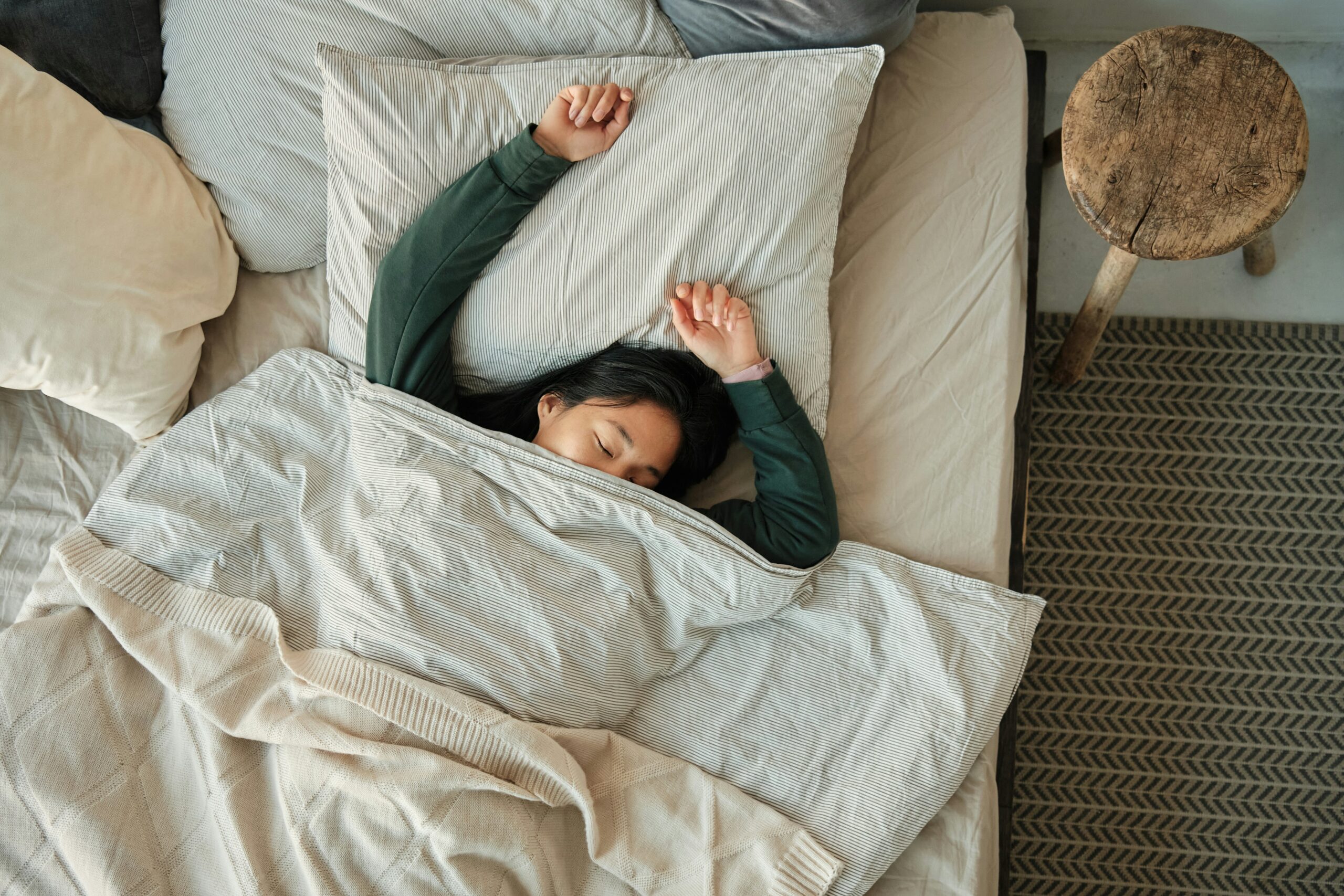Sleep and fitness are two crucial components of a healthy lifestyle, and understanding their connection can significantly enhance your well-being and physical performance.
Many people underestimate the importance of sleep in their fitness journey. In fact, sleep is not just a time for rest but a vital part of achieving your fitness goals.
The Science Behind Sleep and Fitness
Recent research underscores the link between adequate sleep and improved athletic performance. A study highlighted by the Sleep Foundation reveals that sleep deprivation can lead to decreased strength, slower reaction times, and increased risk of injury.
Expert Insights
Dr. Matthew Walker, a renowned sleep scientist, emphasizes that sleep is the greatest legal performance enhancer. He notes that during deep sleep, the body repairs muscles and tissues, which is essential for recovery after workouts.
Why Sleep Matters for Fitness
- Muscle Recovery: Sleep enables protein synthesis and the release of growth hormones, crucial for muscle repair.
- Energy Restoration: Adequate sleep replenishes glycogen stores that fuel your workouts.
- Mental Sharpness: Quality sleep improves focus and motivation, critical for maintaining an exercise routine.
Personal Experience
Take, for instance, Mark, an avid runner who noticed a significant improvement in his marathon training after prioritizing sleep. By increasing his sleep duration from six to eight hours, he shaved minutes off his personal best.
Consider creating a bedtime routine that includes winding down activities like reading or meditation to enhance sleep quality.
Actionable Tips for Better Sleep
- Consistent Schedule: Try to go to bed and wake up at the same time every day, even on weekends.
- Sleep Environment: Ensure your bedroom is cool, dark, and quiet.
- Limit Screen Time: Reduce exposure to screens at least an hour before bed to avoid blue light interference.
- Mindful Eating: Avoid heavy meals and caffeine close to bedtime.
Comparing Sleep Needs
| Age Group | Recommended Sleep |
|---|---|
| Infants | 12-16 hours |
| Toddlers | 11-14 hours |
| Preschoolers | 10-13 hours |
| School-aged Children | 9-12 hours |
| Teenagers | 8-10 hours |
| Adults | 7-9 hours |
| Older Adults | 7-8 hours |
| Athletes | 8-10 hours |
FAQ
How does lack of sleep affect fitness?
Lack of sleep can lead to decreased endurance, slower recovery times, and increased risk of injury.
Can improving sleep enhance my workout results?
Yes, better sleep can improve strength, endurance, and overall performance during exercise.
Conclusion
Understanding and optimizing the connection between sleep and fitness is crucial for anyone looking to improve their physical health. By prioritizing sleep, you can enhance your workout performance, reduce injury risk, and accelerate recovery. Start implementing these tips today and experience the positive changes in your fitness journey.




Leave a Reply